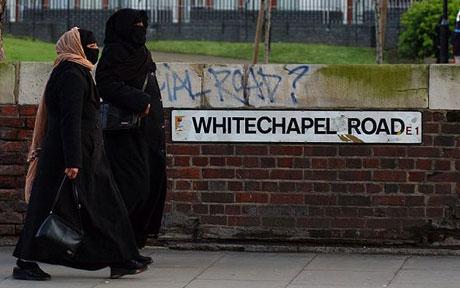
The political, legal and educational institutions of Europe are struggling hard to find ways of incorporating the new reality of Islam into older systems for regulating religion. In Britain this week, a lobby group called the Lawyers’ Secular Society reacted with indignation when the hosts cancelled an event it was planning at the University of West London at the last moment. The event was intended to launch a report that drew attention to the number of Islamist figures with hard-line views on gender, sexuality and relations with other faiths who were gaining access and influence on British campuses. The meeting’s cancellation seemed to confirm their apprehension. The campus insisted that its decision was made on purely technical and procedural grounds: the organisers had not gone through the proper channels to book the room.
Meanwhile in francophone Europe, some anguished discussions are taking place over how to solve a problem which almost all parties acknowledge: the need for imams who are properly trained, understand European society better and guide their flock away from, rather than towards, extremism.
In addition to all these ideological issues, there is a hard reality to consider. Being an imam in Europe is a rather thankless task. Of the 1,800 imams in France, about 1,000 offer their services for virtually no pay. Only 330 receive a decent, full-time salary—in most cases from religious authorities in their home countries, such as Algeria, Morocco or Turkey. Only 25-30% of the imams working in France have French citizenship. The idea of “home-grown” French imams, well trained and correspondingly well paid, is an attractive one in principle—but poor Muslim communities seem unwilling or unable to finance such arrangements. And for the secular French state, putting imams on its payroll would be inconceivable.






